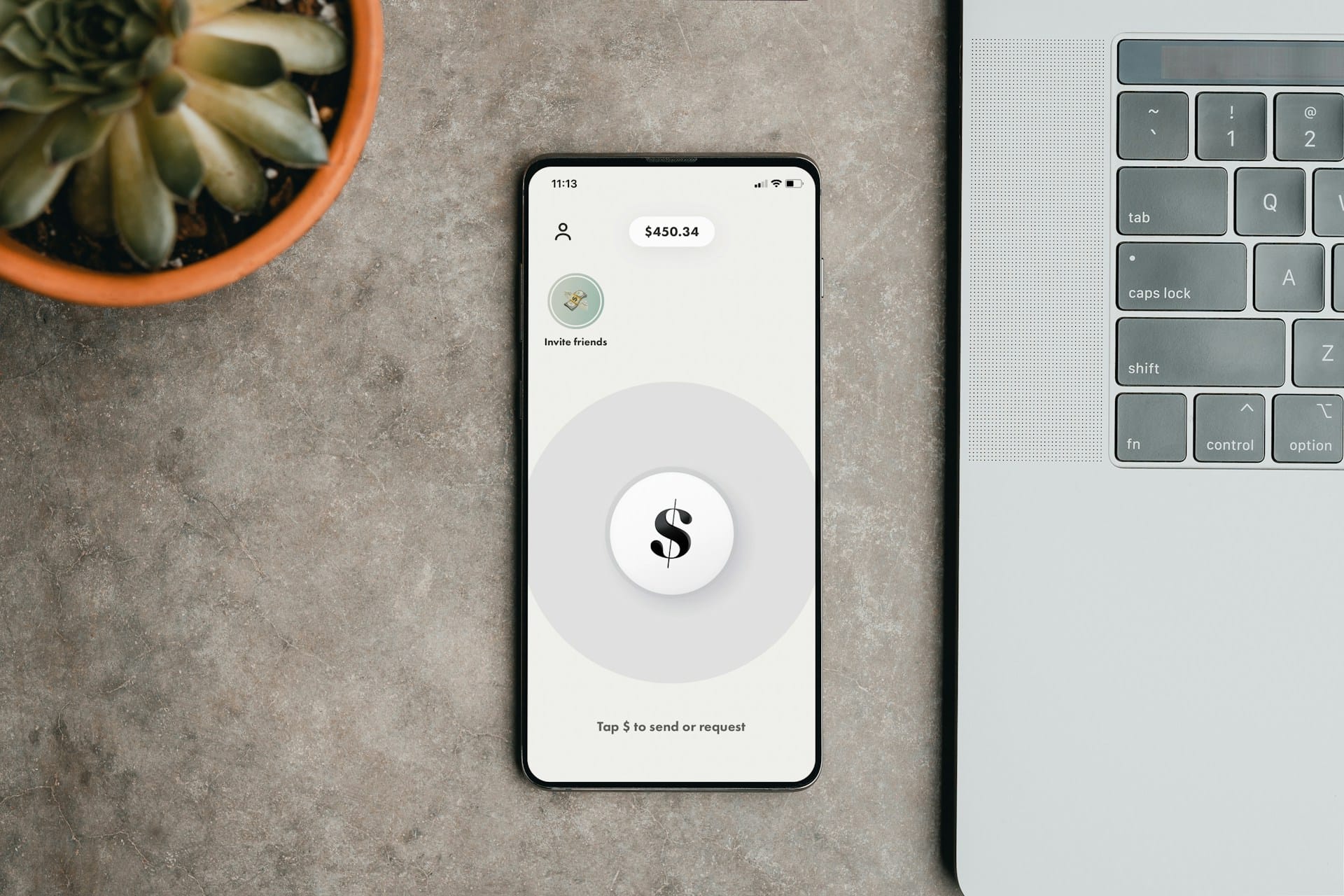Unless you’re a business accountant or in another financial sector, chances are you didn’t start your small business to spend all your time working with finances. Plus, many small business owners lack the time, energy, and resources to manually address their brand’s financial needs. As a result, small businesses may miss crucial insights from their financial data, leading to bottlenecks or underperformance.
With consistent reporting and tools like the Elorus platform, you can reshape how you approach expenses, data, and cost-saving opportunities. First, however, you must understand the essentials of expense reporting, tracking, and management.
What is expense reporting?
An expense report is a detailed and itemized list of your business costs. These reports can help you quickly and accurately spot where your organization spends money, view outstanding payments, and adjust for inconsistencies.
The Core Types of Expense Report
Expense reports typically cover a few areas, including personal expenses, travel costs, project fees, administrative spending, departmental needs, etc. Some areas (such as travel costs and project fees) can vary considerably from project to project, while others are more consistent across the board.
The Importance of Tracking Expenses for Small Businesses
We have identified four core areas where digital agencies can benefit from expense reporting for small business owners.
Better Business Monitoring
With expense management tools, you can quickly review your business's performance and see what areas need additional attention.
Financial Planning
Set annual and quarterly goals, forecast growth opportunities, and review progress with dedicated business expense management tools.
Identify Cost Savings
See where you may be overspending and identify ways to reduce overall costs and grow your bottom line.
Tax Purposes
Use thorough, comprehensive, and compliant expense reporting that simplifies tax time.
When you use reporting tools, software platforms, and other management solutions, it’s much easier for your small business to make data-driven decisions that can spur growth and help you expand. Tracking your expenses can also help you expedite reimbursement for any incurred costs.
Beyond this, by not focusing your energy on expense tracking, you could put your small business at a disadvantage. When smaller brands neglect their financial data, they’ll likely overextend themselves, leading to mission-critical performance issues that can affect a company’s health and livelihood.
What are the best practices for managing expense reports in a small business?
Equip your small business with the tools for success. You can strengthen your internal practices and set better precedents by following a few best practices for managing your expense reports throughout your business.
Establish a clear expense management policy in the company
Having a clear, concise, and agreed-upon expense management policy in place from the get-go helps ensure employee buy-in and gives you more data to work with moving forward.
- Types of allowable expenses: Your policy should denote what expenses are eligible for reimbursement and which ones fall under personal claims or costs. For instance, travel expenses and a per-diem may be included while additional spending, leisure, and other costs aren’t.
- Processes for submitting expense reports: Develop a straightforward method for creating, formatting, and submitting expense reports. Reporting and financial management software can help you modify a template or build on a successful example.
Use automated expense management software for streamlined workflows
Automation may seem reserved for big businesses and global brands, but SMBs can take advantage too. For example, many expense management software, like Elorus, come with automated tools that remove the guesswork and human error from your financial adjustments.
- Process automation: Process automation can automatically invoice for specific projects, send bills on scheduled days, and gather pertinent data into easy-to-use reports.
- Human Error Reduction: By avoiding manual data entry, you’re much less likely to face costly errors such as incorrect invoices, overbilling, or incomplete spending reports. While you should still review your data and check for accuracy during regular audits, automation helps eliminate much of the potential for human error.
- Bird’s-Eye Business View: Using online expense management software empowers you as an SMB owner to take a step back from the granular data and look at your business from a bird’s-eye view. Zoom in or out as you need to review big-picture data points, small performance hurdles, and everything in between.
Train employees on the expense reporting process
Ensure your employees feel confident with your existing expense management and reporting processes. Whether developing in-house policies or relying on expense management software, thorough training can help avoid costly mistakes and promote reporting uniformity.
- Collecting/Organizing Receipts: Denote what receipts you require from employees and how you’ll categorize them within your system.
- Submitting Expenses: Set up a precise workflow for submitting reports. Give employees the tools to submit their own expenses or simplify the review process so there’s less confusion when it’s time to invoice or process expenses.
- Expense Policy Compliance: Regularly review receipts and reports to ensure greater policy compliance across the board. Enforcing your policy helps provide more complete, rounded data that you can apply to your small business.
Why Elorus is the ideal expense report software for small business
From startups to emerging small businesses, Elorus has all the tools you need to build a more substantial financial management plan. Develop greater accountability throughout your business, use data to empower your decisions, and manage your recurring costs in a few simple steps with Elorus software’s key benefits.
Categorize your expenses.
Once you register with Elorus, you gain access to a wide assortment of expense categories that you can use to gain more precise insights into your SMB’s financial performance. We also offer use cases for custom expense categories, should you need to finesse your toolkit.

Develop billable project expenses.
You can associate your existing expenses with specific projects. Doing so gives you a better look at a given project’s financials and overall performance. You can bill your client with the project expense automatically the next time you invoice them.
Address automatic recurring costs.
Elorus expense management software can help you save time and improve accuracy if you have regularly recurring payments. Develop payment intervals, set a schedule, and easily track categories over time.
Manage your bills and payments.
Using our enhanced reporting capabilities gives you a financial advantage. With Elorus, you can manage your existing bills, schedule payments, and review more granular data showing your performance.

Sign up for free today to learn more about the Elorus platform and get started. We’re here to uncover all the business insights hidden in your finances and help you streamline expense reporting for your small business.






